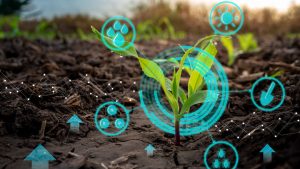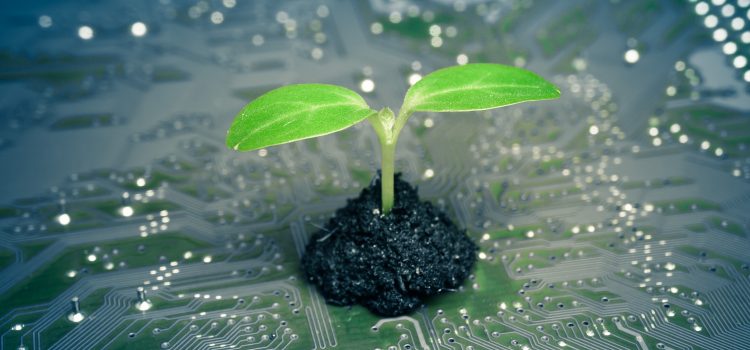
Artificial Intelligence (AI) is driving transformative innovations in environmental conservation, offering solutions to monitor ecosystems, protect wildlife, combat climate change, and promote sustainable practices globally. These advancements harness AI’s capabilities to enhance conservation efforts and preserve biodiversity for future generations.
Understanding AI for Environmental Conservation

AI for environmental conservation involves using machine learning algorithms and data analytics to monitor and manage natural resources, wildlife habitats, and environmental changes. These technologies empower conservationists to make data-driven decisions and implement targeted interventions effectively.
Monitoring Biodiversity and Ecosystems
AI analyzes satellite imagery, sensor data, and acoustic recordings to monitor biodiversity hotspots, track endangered species, and assess ecosystem health. These insights enable early detection of habitat disturbances, illegal activities, and environmental threats requiring conservation action.
Predictive Analytics for Conservation Planning
AI-powered predictive models forecast habitat loss, species distributions, and climate impacts on ecosystems. These models guide conservation planning, prioritize conservation areas, and optimize resource allocation for maximum environmental impact.
Wildlife Protection and Anti-Poaching Efforts
AI enhances wildlife protection by deploying drones, cameras, and sensors to detect poaching activities, monitor animal movements, and enforce protected area boundaries. Real-time alerts enable rapid response by law enforcement and conservation teams to safeguard endangered species.
AI in Marine Conservation and Fisheries Management
AI applications in marine conservation analyze oceanographic data, satellite imagery, and fishing vessel tracking to monitor marine biodiversity, detect illegal fishing practices, and promote sustainable fisheries management. These technologies support marine protected areas and sustainable seafood initiatives.
Precision Agriculture and Sustainable Farming
AI optimizes agricultural practices by analyzing soil health, weather patterns, and crop yields to minimize environmental impact and resource use. Precision agriculture techniques promote sustainable farming practices, reduce pesticide and fertilizer use, and conserve water resources.
Climate Change Mitigation and Adaptation Strategies
AI models simulate climate scenarios, predict extreme weather events, and assess climate change impacts on ecosystems. These insights inform adaptation strategies, enhance resilience in vulnerable regions, and support carbon sequestration efforts to mitigate climate change effects.
AI for Environmental Education and Public Awareness

AI-powered educational tools and virtual simulations raise awareness about environmental issues, biodiversity conservation, and sustainable lifestyles. Interactive platforms engage communities, inspire advocacy, and empower individuals to take action for environmental conservation.
Restoration Ecology and Habitat Rehabilitation
AI accelerates restoration ecology projects by analyzing ecological data, mapping degraded landscapes, and recommending habitat restoration strategies. These technologies restore biodiversity, improve ecosystem services, and rehabilitate habitats for threatened species.
Ethical Considerations in AI for Environmental Conservation
As AI adoption in conservation grows, ethical considerations such as data privacy, indigenous rights, and algorithm biases become critical. Responsible AI deployment, community engagement, and inclusive decision-making ensure equitable conservation outcomes and respect for local knowledge.
The Future of AI for Environmental Conservation
Looking ahead, AI’s role in environmental conservation will continue to evolve with advancements in remote sensing, blockchain technology, and decentralized networks. By fostering innovation, collaboration, and sustainability, AI empowers global efforts to protect natural ecosystems and secure a resilient future for biodiversity.
Conclusion
In conclusion, AI is a powerful ally in advancing environmental conservation efforts worldwide, offering innovative solutions to monitor, protect, and restore ecosystems. By leveraging AI technologies responsibly, conservationists can achieve lasting impact in preserving Earth’s natural heritage for generations to come.










